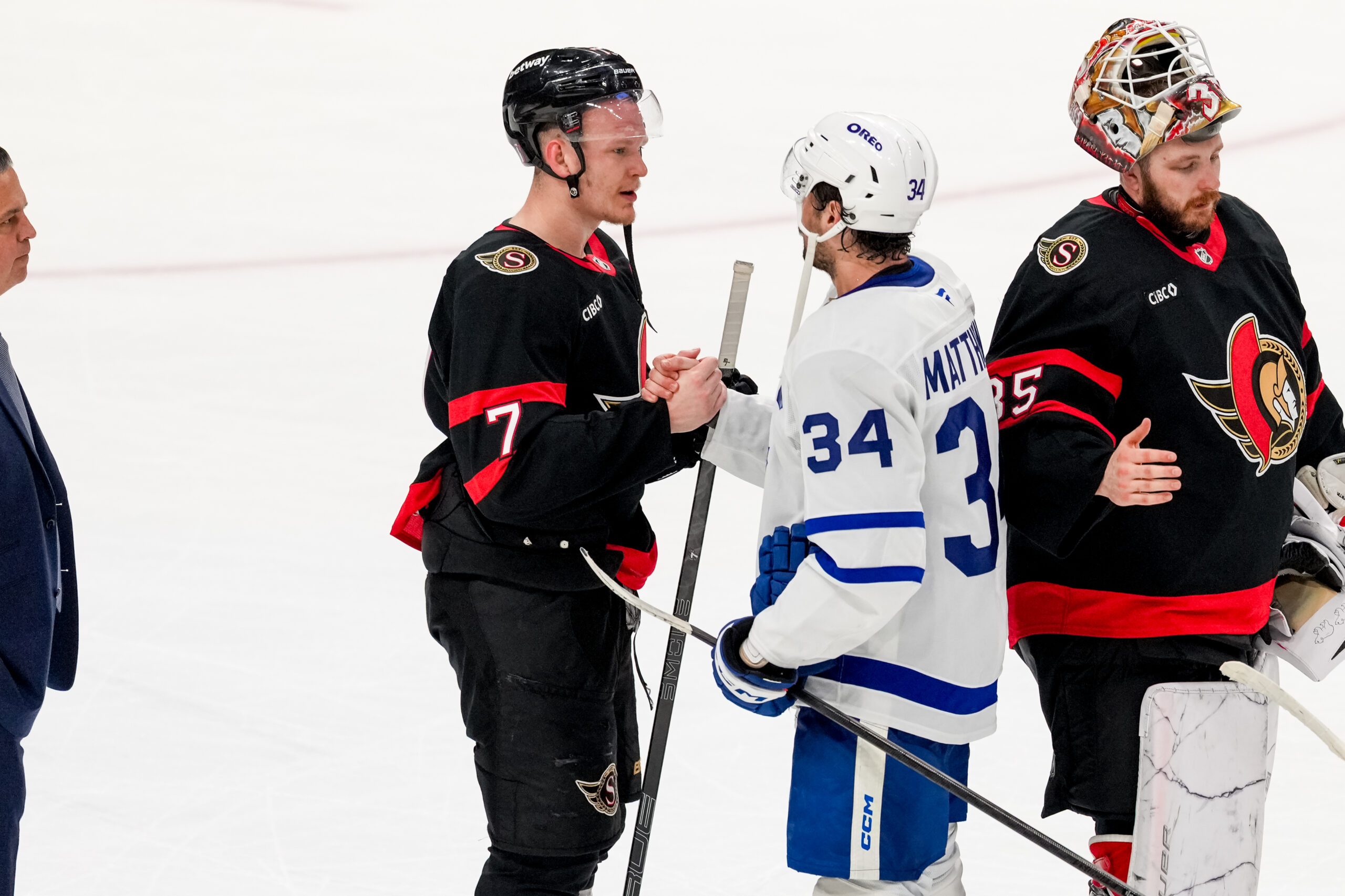

The NHL's financial landscape is changing with the rising salary cap, which presents both opportunities and challenges for teams like the Winnipeg Jets and Ottawa Senators. While the increase allows big-market teams to spend more, smaller-market teams must be more strategic.
The Rising Cap
The NHL's salary cap is set to increase to $95.5 million for the 2025-26 season and is projected to reach $113.5 million by 2027-28. This increase from the flat cap era is good news for most teams, as it provides more flexibility to sign players and build depth. However, it also means that the market for top players becomes more expensive, making it harder for teams with tighter budgets to compete.
Winnipeg Jets' Situation
As of now, the Winnipeg Jets have approximately $3.96 million in projected cap space with a total cap hit of $91.54 million. The Jets' current roster includes 23 players with 46 under contract. Recently, the Jets have signed Dylan Samberg to a 3-year contract with a $5.75 million cap hit and Gabriel Vilardi to a 6-year contract with a $7.5 million cap hit.
The Jets' challenges include a smaller arena and reliance on gate revenue, making them vulnerable to fluctuations in attendance and playoff misses. According to a recent assessment, the Jets don't particularly excel in any specific area and have been ranked lower due to the perceived difference between their cap space and overall skill level. The assessment also suggests that the team's existing contracts may not be providing optimal value. Securing an extension with Kyle Connor is a key priority for the Jets.
Ottawa Senators' Situation
The Ottawa Senators have a projected cap space of around $3.52 million and a cap hit of $91.98 million. The team has 23 active players on the roster and 44 under contract. Recent transactions include signing Donovan Sebrango to a 1-year contract with a $775,000 cap hit and Cameron Crotty to a 2-year contract with an $812,500 cap hit.
There is optimism surrounding the Senators, particularly with the LeBreton Flats arena project, which is expected to boost the team's revenue through premium seating and corporate partnerships. After a rebuild, the Senators are in a position to consistently compete for the playoffs and potentially the Stanley Cup. Their cap situation is considered well-managed, providing they make sound decisions in the coming years.
Navigating the Cap
For both the Jets and Senators, navigating the rising cap requires careful planning and efficient use of resources. These teams need to:
By focusing on these strategies, the Jets and Senators can effectively manage the rising salary cap and remain competitive in the NHL.